In the verdant landscape of Michigan, where clear lakes reflect the sky and tall oaks brush the clouds, a promise often whispered in the breeze is that of “free” solar panels. It’s an allure that catches the eye and warms the prospect of energy independence—a tantalizing thought indeed. Yet, like the subtle changes of the seasons, the truth behind “free” solar panels is nuanced and deserves a closer look. The concept frequently touted by ads may not be as straightforward as it appears; understanding the fine print is essential before welcoming the sun’s embrace atop your roof.
Embarking on the solar journey in the Great Lakes State, it is wise to dive into what “free” really means. Are these solar panels truly at no cost, or is there more to the story—a narrative woven with incentives, credits, and payback periods? We invite you to stay with us as we unravel the tapestry of solar installation savings, clarifying the distinctions between upfront costs, leasing agreements, and the potential long-term benefits that solar energy can offer. By illuminating the facts, you will be better equipped to make an informed decision about harnessing the power of the sun in Michigan and turning the promise of savings into a reality.
Are “Free Solar Panels” Really Free?
In the solar industry, when you hear the term ‘free solar panels,’ it’s important to approach with a healthy dose of skepticism. ‘Free solar panels’ often refers to a financial arrangement called a solar lease or a power purchase agreement (PPA) rather than literally getting solar panels without any cost. Under these agreements, homeowners in Michigan can have solar panels installed on their property with no upfront costs. However, you won’t own the panels. Instead, you enter into an agreement with the solar provider.
With a solar lease, you pay a fixed monthly rent to use the solar energy system. You benefit from the electricity it generates, which can reduce your monthly utility bills, but the leasing company retains ownership of the system and is typically responsible for its maintenance and repairs.
- Solar Lease: Fixed monthly payments to lease the equipment.
- Power Purchase Agreement (PPA): Payments based on the amount of solar energy produced.
A PPA is slightly different. Instead of renting the equipment, you agree to purchase the power generated by the system at a set per-kilowatt-hour (kWh) price. This rate is usually lower than the local utility’s price, potentially saving you money on your energy bill. Like leasing, you won’t own the panels and the PPA provider takes care of maintenance.
It’s essential to carefully consider the terms of these agreements. They often last for 20-25 years and can impact your home’s value or your ability to sell it. There may also be escalator clauses that increase payments over time. Moreover, you won’t benefit from state incentives and rebates for solar energy that you would if you purchased the system outright.
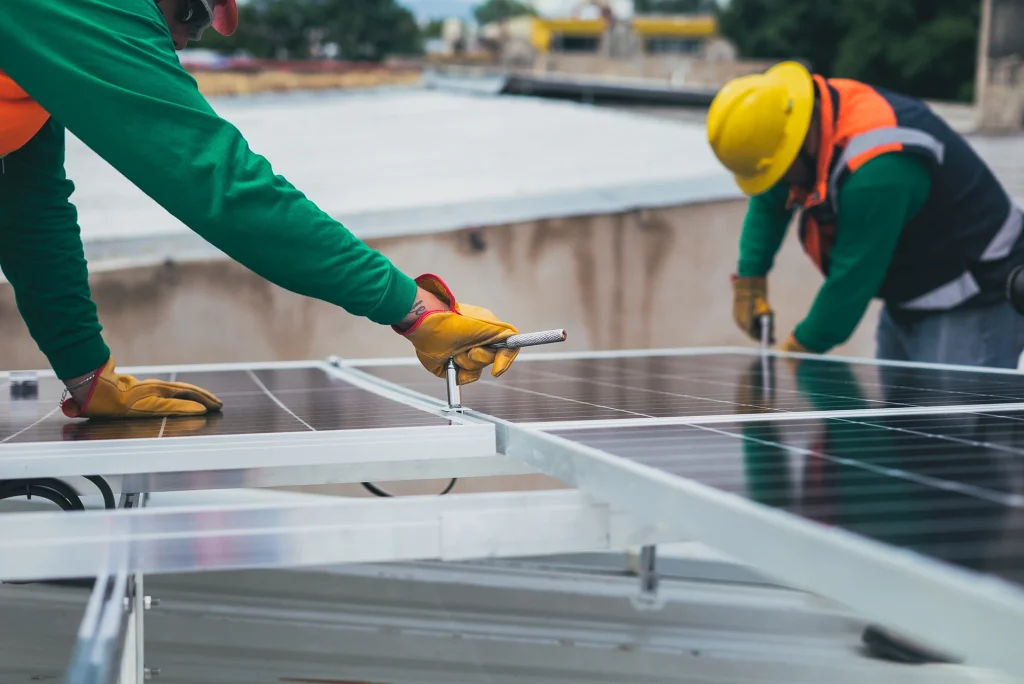
While you aren’t literally getting free solar panels, these arrangements do provide an opportunity to go solar with minimal initial expense. They can be a good fit if you want to reduce energy bills and environmental impact without a large upfront investment. However, it’s vital to weigh the long-term costs and benefits, read the fine print, and consider all your options to ensure the best deal for your circumstances.
Solar Leases
Solar leases provide homeowners in Michigan a way to harness solar energy without the large upfront costs of purchasing solar panels. Under a solar lease, a homeowner agrees to allow a solar company to install panels on their property and, in return, they lease the solar energy system typically for 20 to 25 years.
Here’s how the process generally unfolds
- A solar provider installs panels on your home at no initial cost.
- You pay a fixed monthly lease payment to the solar company for the use of the panels.
- You use the electricity generated by the panels to power your home.
- The electricity that your solar system generates can result in lower monthly utility bills.
The benefits of solar leases for homeowners in Michigan include:
- No or low upfront costs: The solar company typically covers installation and equipment costs.
- Predictable energy costs: Lease payments are fixed, providing protection against rising utility rates.
- Maintenance and Repairs: The solar company is usually responsible for maintenance and repairs, reducing potential additional costs for the homeowner.
- Environmental Impact: Solar energy is clean, renewable, and reduces your carbon footprint.
However, there are several drawbacks to consider
– No solar incentives: You are not eligible for solar tax credits or incentives because you do not own the panels.
– Potential complex transfer if you sell your home: The lease agreement typically lasts 20-25 years and must be transferred if you sell your home.
– Possible escalating payments: Some leases have escalating payment structures, meaning the lease payment can increase annually.
– Not an investment into your property: Leasing does not increase your home’s value like owning a system would.
Regarding long-term costs and savings
- Although you save on monthly utility bills, the lease payments over time can offset these savings.
- Total savings are generally less with a lease compared to owning a solar system since you don’t benefit from incentives, and the cost of leasing over time can be substantial.
- Escalating leases could potentially reduce savings over the long term.
When considering a solar lease in Michigan, it’s essential to weigh these benefits and drawbacks. Carefully review the lease agreement, looking out for payment structures, terms of transferring the lease, and obligations for both you and the solar company. Always compare the long-term costs and potential savings against other solar financing options, such as solar loans or outright purchases. If it aligns with your financial goals and commitment to renewable energy, a solar lease could be a viable option to power your home with solar energy.
Solar PPAs
In the context of solar energy, a Power Purchase Agreement (PPA) is a financial arrangement where a third-party developer installs, owns, and maintains a solar panel system on a homeowner’s property. In return, the homeowner agrees to purchase the power generated by the system at a set price per kilowatt-hour (kWh) for a specified contract period, often 20-25 years. This arrangement can provide Michigan homeowners with the advantages of solar power without the responsibility of owning the system.
Pros of PPAs for Michigan homeowners can include
- No upfront costs: Homeowners can go solar without having to pay the high initial costs of installation.
- Predictable energy pricing: The PPA provides stable energy costs that can protect against rising utility rates.
- Maintenance-free: The PPA provider is responsible for maintaining and repairing the system.
- Potential increase in property value: Homes with solar installations can be more attractive to future buyers.
PPAs also have some cons
- Less financial benefit compared to ownership: Savings are often higher when you own the system outright since you benefit from all incentives and electricity production.
- Complex exit: Selling your home can be complicated as the PPA must be transferred to the new owner or bought out.
- Contract length: PPAs are long-term commitments, which might not suit everyone’s plans.
- Requires credit approval: Not all homeowners may qualify for a PPA, as it often requires a good credit score.
When comparing PPAs with buying or leasing solar options, each choice has its considerations:
Buying a solar system outright is the most straightforward approach, offering the highest financial return through full ownership of the energy produced and eligibility for tax credits and rebates. However, it requires a significant upfront investment and the responsibility for maintenance and repairs.
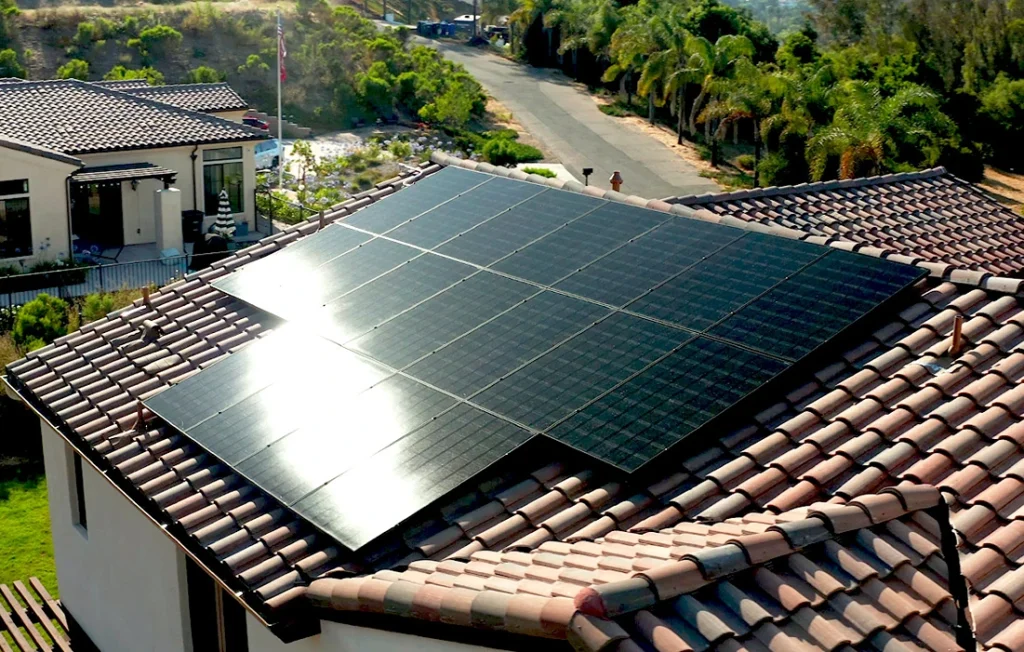
Leasing is similar to a PPA in that the homeowner does not own the system and pays a monthly rate, but rather than paying for the power generated, they pay a lease fee. The primary advantage is the low or no upfront cost with predictable energy payments. Leases can save money on monthly bills, although less than ownership. They also have similar downsides to PPAs like contract complexity and transfer challenges when selling the home.
Choosing between PPAs, leasing, and buying depends on your financial situation, energy needs, and personal preferences. It’s essential to assess your long-term goals and evaluate the costs and benefits before deciding on the best solar option for your home in Michigan. Always consider consulting with a solar energy expert or a financial advisor to make an informed decision that suits your circumstances.
Zero-down Solar Loans
Zero-down solar loans are a financing option that allows homeowners to install solar panels without any upfront payment. This method provides an attractive alternative to the traditional solar panel purchasing process where a significant initial investment can be a barrier for many.
In Michigan, opting for a zero-down solar loan means you can start generating renewable energy right away while spreading the cost of the solar system over a period, usually 10 to 20 years. This allows you to benefit from solar power without the need for substantial savings upfront.
Here are some benefits of zero-down solar loans
- No Immediate Costs: You can start saving on your electric bill immediately since there’s no initial cash outlay required for the installation of the solar panels.
- Ownership: Unlike leasing options, you’ll own the solar power system once the loan is paid off, which can increase the value of your property.
- Financial Incentives: You’re eligible for any tax credits, rebates, and incentives available for solar energy system owners.
- Energy Savings: Over time, the savings on your utility bills can offset the monthly loan payments, potentially resulting in minimal net expenses or even savings in the long run.
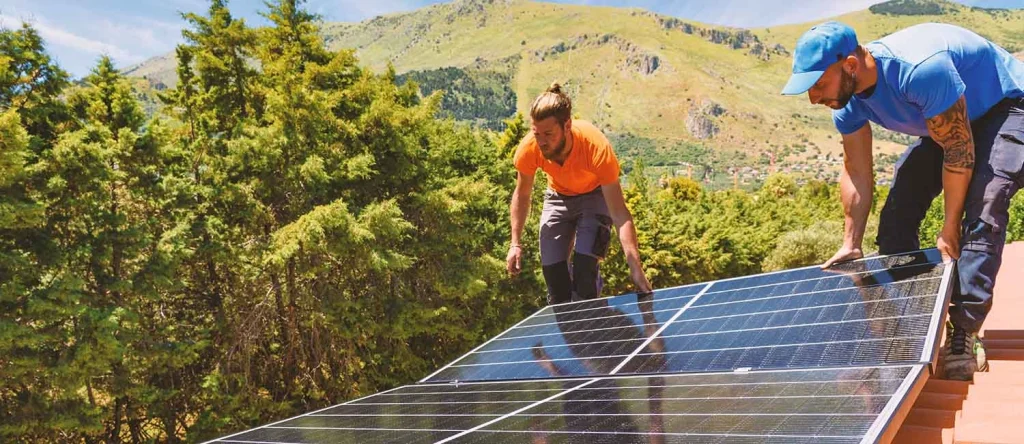
Despite these advantages, there are also potential risks to consider
- Debt Obligation: A solar loan is a debt that you’ll need to manage, and it will likely require a lien on your home or the solar equipment.
- Impact on Credit: Like any other loan, failure to make timely payments can affect your credit score.
- Long-Term Commitment: The loan term is a long-term financial commitment, and solar panels may require maintenance or replacement over time, which could add to the cost.
When considering a zero-down solar loan, it’s essential to examine the interest rates and terms, as these will impact your overall costs. Remember to compare the expected energy savings with the loan payments to ensure that this option makes financial sense for your situation.
Solar technology can be an excellent investment for your home, and exploring zero-down solar loans might provide you with the environmental and financial benefits you seek without the upfront expense. However, weigh the benefits against the risks and consider your personal financial circumstances before making a decision.
Can You Get Free Solar Panels From the Government?
While the idea of “free solar panels” might seem enticing, the U.S. government typically does not offer solar panels at no cost. However, there are government initiatives and programs in place to significantly reduce the cost and incentivize the transition to solar energy for homeowners in Michigan.
One of the primary federal incentives is the Solar Investment Tax Credit (ITC), which allows you to deduct a percentage of the cost of installing a solar energy system from your federal taxes. As of the latest information available, the ITC offers:
- A 26% tax credit for systems installed between 2020 and 2022
- A 22% credit for systems installed in 2023
- A reduction to a 10% credit for commercial projects from 2024 onward, while the residential credit is scheduled to phase out.
Here is how you can leverage these incentives:
- Determine if installing solar panels is the right choice for your property. Consider your energy needs, roof condition, and sun exposure.
- Work with a qualified solar installer who is familiar with Michigan’s solar landscape. They can advise you about the best system for your needs and guide you through the tax credit process.
- After the installation of your solar system, make sure to keep all receipts and documentation. You’ll need these when you claim your tax credit during the next tax season.
- Complete and attach IRS Form 5695 when filing your federal tax return to claim your credit.
Aside from federal initiatives, Michigan residents can look into local and state incentives. For instance, the Michigan Saves program offers various financing options to help make solar panel installations more affordable. They may include low-interest loans that can aid in offsetting the initial setup costs.
Before diving in, it’s wise to consult with a local solar power expert or a tax advisor to understand the latest updates on incentives and how they fit your particular situation. They can provide guidance in navigating the application processes to ensure you receive the maximum benefits possible for your solar energy investment.
Will “Free” Solar Panels Save You Money?
When considering ‘free’ solar panels for homeowners in Michigan, it’s important to understand the full picture. What is typically referred to as ‘free’ solar panels may involve no upfront cost for the installation of the solar panel system; however, these setups often come with long-term financial agreements such as leases or Power Purchase Agreements (PPAs). In these agreements, the homeowner doesn’t own the solar panels but agrees to purchase the generated electricity at a fixed rate, which is usually lower than the local utility rates. Let’s analyze the implications of this and compare them with traditional electricity costs.
The average electricity rate in Michigan hovers around 15 cents per kilowatt-hour (kWh), according to the U.S. Energy Information Administration. By installing solar panels, homeowners can lock in a lower rate for electricity produced by the panels, commonly below the average utility price. This means that, depending on the agreement, homeowners can benefit from immediate savings on their electricity bills.
Some factors to consider include:
- The agreement’s terms: Ensure that the rate you pay per kWh under the lease or PPA stays competitive during the contract duration, which can span 20-25 years.
- Inflation protection: Solar agreements often include an annual price escalator, which is typically between 1-3%. It’s essential to compare this with historical utility rate increases to evaluate savings accurately over time.
- Performance: Solar power generation in Michigan will vary depending on geographic location, system size, and the amount of sunlight, affecting savings.
- Property value: While owning solar panels can increase home value, it’s unclear how leased panels affect property value since they may require prospective buyers to take over the lease agreement.
In terms of financial viability, if the electricity rates from the utility were to increase significantly higher than your solar PPA rates, your savings could be substantial over time. However, if the utility rates remain stable or the escalator rate in your solar agreement is high, savings may be less than anticipated. It’s crucial to perform a detailed comparison considering your specific circumstances, including energy usage patterns and long-term financial commitments.
“Free” solar panels can offer savings on electricity costs for Michigan homeowners, but the extent of these savings depends heavily on the terms of the agreement and future utility rates. As you’re navigating this decision, look at the numbers carefully, consider the long-term implications, and consult with a financial advisor or solar expert to ensure that the solar agreement aligns with your financial goals.
The Hidden Costs of “Free” Solar Panels
When you encounter ‘free’ solar panel offers in Michigan or elsewhere, it’s essential to evaluate the details carefully. Here are some potential hidden or unexpected costs and long-term implications to consider:
1. Leasing Agreements: Often, what seems like a free installation is a leasing agreement where you pay a monthly fee for the use of the solar panels. While you may have little to no upfront costs, the leasing fees over time could amount to more than the cost of purchasing a system outright.
2. Maintenance and Repair: Even if the initial installation is free, maintenance and repair costs over the lifespan of the solar panels may not be covered. It’s important to understand who is responsible for these costs before committing.
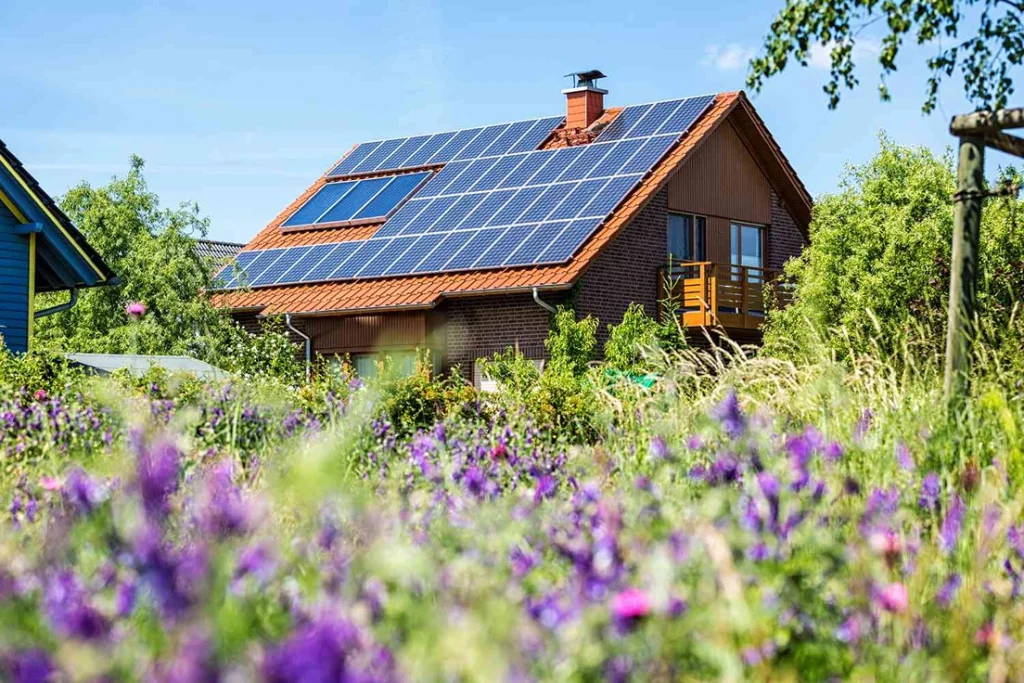
3. Performance-based Incentives: Some deals may include performance-based incentives that seem attractive at first but may have strict qualification requirements. Make sure you understand how these incentives work, and how likely you are to actually benefit from them.
4. Escalation Clauses: Your ‘free’ solar panel agreement could include an escalation clause, which allows the leasing company to increase the rental price incrementally over time. This could lead to higher costs in the long term.
5. Transferability Issues: If you decide to sell your home, transferring the lease agreement or the responsibility of the solar panels to the new homeowner could be challenging and could potentially reduce your home’s marketability.
6. Energy Savings and Break-even Point: While solar panels can lead to lower energy bills, it is crucial to calculate the break-even point—the time it will take for energy savings to offset the total costs involved. This varies depending on energy usage, the cost of the solar system, and local energy prices.
7. Warranty Limitations: The solar installation might come with a warranty, but warranties often have limitations and may not cover all types of damage or system underperformance. Understand the coverage to avoid unexpected costs later.
8. Home Insurance Adjustments: Adding solar panels to your home may affect your home insurance premiums. It’s best to consult with your insurance provider to understand any potential cost increases.
In the long term, homeowners need to consider if the accumulated costs of a ‘free’ solar panel offer outweigh the benefits. It can be tempting to avoid upfront expenses, but a comprehensive calculation that includes potential hidden costs is critical for making a financially sound decision. Always read the contract in detail and consider seeking advice from a reputable solar consultant or a legal expert.
Approach these offers with a cautious yet open mind; ‘free’ doesn’t always mean without expense, but with thorough research and careful planning, solar energy could still present a valuable opportunity for long-term savings and environmental benefits.
Michigan Solar Incentives, Tax Credits, and Rebates to Reduce the Upfront Cost
Solar incentives and rebates are financial benefits offered to homeowners who install solar panel systems on their properties. These benefits aim to reduce the significant upfront cost of solar installation, making it a more accessible and affordable investment. A homeowner in Michigan can benefit from federal tax credits which lower federal income taxes, property tax exemptions that maintain property tax assessments despite the increased home value from the solar system, local utility rebates that provide cashback for solar installations, and net metering programs, allowing homeowners to receive credit for excess energy their systems generate and return to the grid. Together, these incentives can drastically cut the cost of solar ownership, accelerate the payback period, and increase the return on investment.
Below is a table that outlines the key solar incentives available in Michigan:
| Incentive | Savings | Explanation | Type | Occurrence |
|---|---|---|---|---|
| Federal Solar Investment Tax Credit (ITC) | 26% of system costs | Tax credit on federal income taxes for a percentage of the cost of the solar panel system | Federal | One-time (with ability to carry over to the next tax year) |
| Property Tax Exemption | Varies | Exempts the added value of the solar system from property tax assessments | State | Ongoing |
| Net Metering | Varies by utility | Allows residents to sell excess energy back to the power grid, receiving utility bill credits | State/Local | Ongoing |
| Local Solar Rebates | Varies by locality or utility provider | Rebates or incentives offered by municipalities or utility providers, often as cash back | Local | Limited availability |
Note: The specifics of these programs, particularly the local utility rebates and net metering policies, can vary. It’s important for residents to check with their local utility providers and stay updated with the current policies and incentives. The Federal Solar Investment Tax Credit is subject to change based on federal energy policies.
How to Choose The Best Solar Company in Michigan
As a homeowner in Michigan considering solar energy, selecting the right solar installer is a crucial decision that can impact both the performance of your system and your overall satisfaction. Here are key factors to keep in mind during your search:
- Installer Experience and Certifications: Ensure the company has a strong track record of installing solar systems in Michigan. Look for certifications such as NABCEP (North American Board of Certified Energy Practitioners) which signifies a high level of professionalism and expertise.
- Customer Reviews and Reputation: Research the installer’s reputation through customer reviews and testimonials. Platforms like Google, Yelp, or Better Business Bureau can provide insights into the company’s reliability and the quality of their service.
- Service Offerings: Check whether the installer provides a full range of services such as design, installation, maintenance, and monitoring. Comprehensive service offerings can enhance your experience and ensure system efficiency.
- Warranty Offerings: Examine the warranties provided for equipment and workmanship. A substantial warranty period is indicative of the installer’s confidence in their products and work quality.
- Local Regulatory Knowledge: It’s important that the installer is knowledgeable about Michigan-specific solar incentives, net metering policies, and building codes to help you navigate the paperwork and maximize your investment.
- Post-Installation Support: Consider the level of support you will receive after installation. A dedicated customer service team and ongoing maintenance services can be vital for the long-term performance of your system.
- Climatic Considerations: Michigan’s varying climate with snowy winters can affect solar panel performance. Choose an installer who understands how to design a system that withstands local weather conditions and maximizes energy production year-round.
In Michigan, partnering with the right solar installer will help ensure that your solar project is a success. Examine your options carefully and choose a company that not only meets your needs now but also supports your energy journey long into the future.
Important Solar Installation Factors to Consider in Michigan
When considering the installation of solar panels in Michigan, it’s important to take into account several critical factors that can influence the viability and performance of your solar energy system.
Firstly, climate conditions play a crucial role. Michigan experiences varied weather, with cold, snowy winters and moderately warm summers. Although solar panels do function in colder temperatures and can even operate more efficiently in cooler weather, snow coverage can reduce their effectiveness. It’s essential to ensure your panels are installed at an angle that helps to shed snow and are positioned to receive maximum sunlight exposure throughout the year.
Secondly, state regulations and incentives are key determinants. In Michigan, there are policies in place that support solar energy adoption, including net metering, which allows you to receive credit on your utility bill for excess power generated by your system. Additionally, being familiar with local zoning laws, permits needed, and potential homeowners’ association restrictions is necessary to ensure compliance and smooth installation.
Lastly, property assessments are paramount. Before installation, assessing the condition of your roof, including its age, structure, and the ability to bear additional weight, is a must. You should also consider the orientation of your home and any potential shading from nearby trees or structures that could impede solar panel performance.
Here’s a checklist of these factors to guide your decision:
- Climate conditions: Check local weather patterns for anticipated sunlight and assess panel placement for snow shedding.
- State regulations: Understand Michigan’s net metering policy and be aware of any available state or federal tax incentives and rebates.
- Property assessment: Ensure your roof is structurally sound and has proper orientation for maximum sun exposure, and consider potential shading obstacles.
Taking the time to thoroughly evaluate these aspects will help you optimize your solar panel installation in Michigan, potentially reducing your energy bill and increasing the value of your property. Moreover, by making an informed decision, you’re contributing to a greener environment and investing in a sustainable future.
The Bottom Line: Understanding “Free” Solar Panels
When discussing ‘free’ solar panels in Michigan, it’s crucial to unpack the concept and understand what’s actually being offered. Here are some key takeaways:
Firstly, ‘free’ solar panel offers typically involve a solar lease or power purchase agreement (PPA). Homeowners essentially rent their roof space to a company that installs and maintains the solar panels. In return, you get to use the energy produced at a reduced rate compared to traditional electricity costs.
- Cost Savings: The most immediate benefit is the reduction in your monthly electricity bills. Since you’re using energy generated by the solar panels, you rely less on the grid and therefore save money.
- No Upfront Costs: These programs usually eliminate upfront installation expenses, which can be a significant barrier for many homeowners.
- Maintenance: The maintenance and repairs are typically the responsibility of the solar company, not the homeowner.
However, there are important considerations to keep in mind:
- Long-term Contracts: Leases/PPAs often come with long-term contracts, sometimes extending to 20 or 25 years, that can complicate selling your home.
- Lower Financial Benefits: Because you don’t own the panels, you won’t benefit from federal tax incentives and may receive less financial benefit in the long term than if you purchased them outright.
- Electricity Rates: Make sure to understand how the electricity rates will change over the term of the lease/PPA. Rates may increase and could affect your cost savings.
- Property Considerations: The condition of your roof and your home’s location will affect the efficiency and installation of the solar panels.
When considering ‘free’ solar panels, take a close look at the terms of the agreement and weigh the long-term benefits against immediate savings. It’s also advisable to compare quotes from multiple providers to ensure you’re getting the best deal for your specific needs. Consulting with a knowledgeable expert in the field can provide you with deeper insights tailored to your situation. Remember, if something sounds too good to be true, it often is, so due diligence is key.


